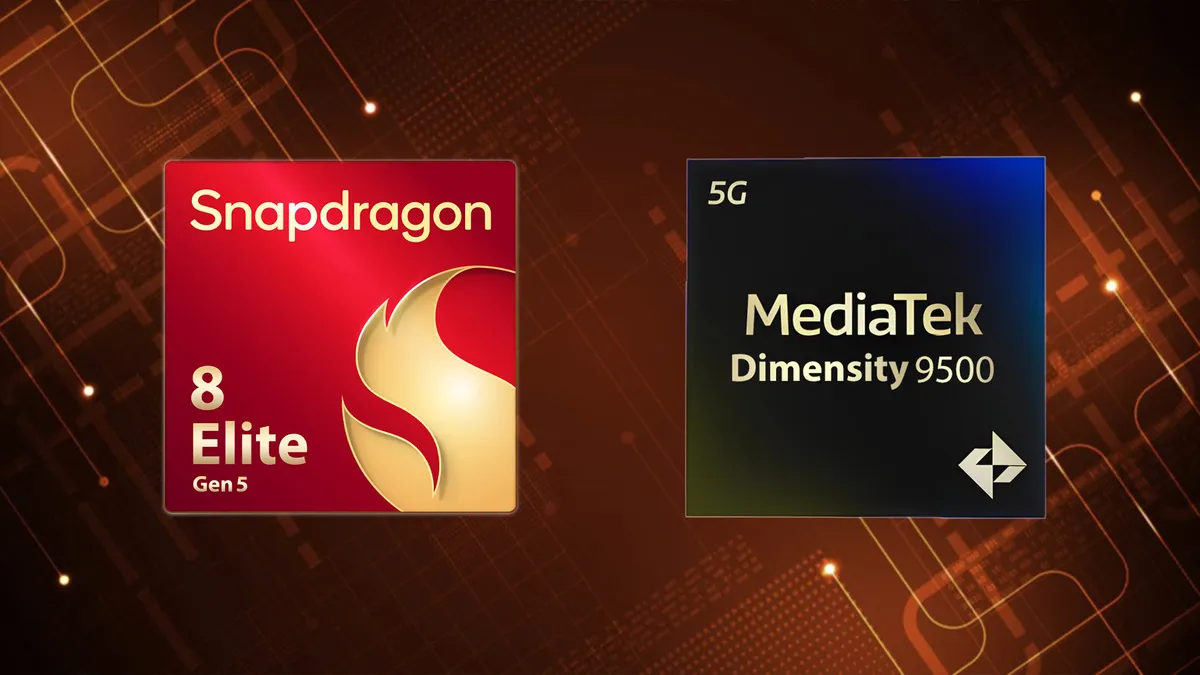
The highly anticipated week for tech enthusiasts has arrived, marking the official unveiling of the Snapdragon 8 Elite Gen 5 by Qualcomm and the Dimensity 9500 by MediaTek. These announcements promise to bring significant advancements in mobile technology, but as we delve into their specifications and feature enhancements, one crucial aspect has been notably absent from discussions: the pricing.
Recent reports indicate that TSMC, the semiconductor manufacturer responsible for fabricating these advanced chipsets, has not provided any discounts for its cutting-edge 3nm ‘N3P’ technology. Instead, customers are facing a staggering increase in costs, with reports suggesting that they may have to pay up to 24 percent more for their System on Chips (SoCs). This price rise is particularly notable for companies like MediaTek, which has reportedly paid a higher price than Qualcomm for access to TSMC’s latest technology.
Despite the introduction of the new manufacturing process, which offers only a modest 5 percent performance improvement at the same power consumption levels and an energy savings of 5-10 percent at equivalent frequencies, Qualcomm and MediaTek are facing significant financial burdens. According to China Times, both companies encountered increased costs associated with utilizing TSMC's 3nm ‘N3P’ node. The report highlights that MediaTek experienced a 24 percent price increase, while Qualcomm paid a 16 percent premium for their chipsets.
While specific pricing details for the new chipsets have not been disclosed, the report does not clarify whether these increases are in comparison to their direct predecessors, namely the Snapdragon 8 Elite and Dimensity 9400. Additionally, while Apple’s upcoming A19 and A19 Pro chips have been mentioned in the context of TSMC's pricing, no concrete figures have been provided for their dealings with the manufacturer.
Insider sources suggest that prices for 3nm ‘N3P’ wafers have surged by 20 percent compared to the previous 3nm ‘N3E’ process. This price increase could mean that Apple might be paying TSMC a premium, although the tech giant is somewhat insulated from these hikes given that it exclusively uses its A19 series in its devices. Meanwhile, Qualcomm and MediaTek's significant price increases may lead to repercussions for their partners, potentially resulting in raised flagship prices for consumers.
If you were hoping for a resolution to these price challenges, the forecast does not look promising. Reports indicate that TSMC’s 2nm wafers are expected to be 50 percent more expensive than the current offerings. Furthermore, it appears that Qualcomm and MediaTek may not receive ample shipments, as Apple has reportedly secured more than half of the initial production capacity of these advanced chips.
As the tech landscape evolves, the financial implications of these price hikes will undoubtedly have a ripple effect across the industry, affecting everything from chipset pricing to end-user costs for the latest smartphones.